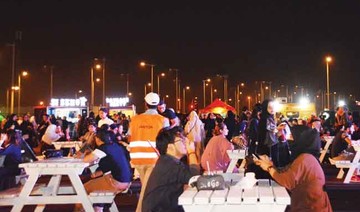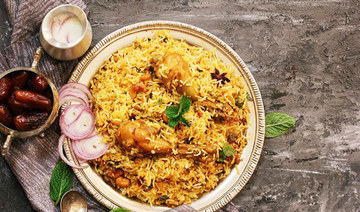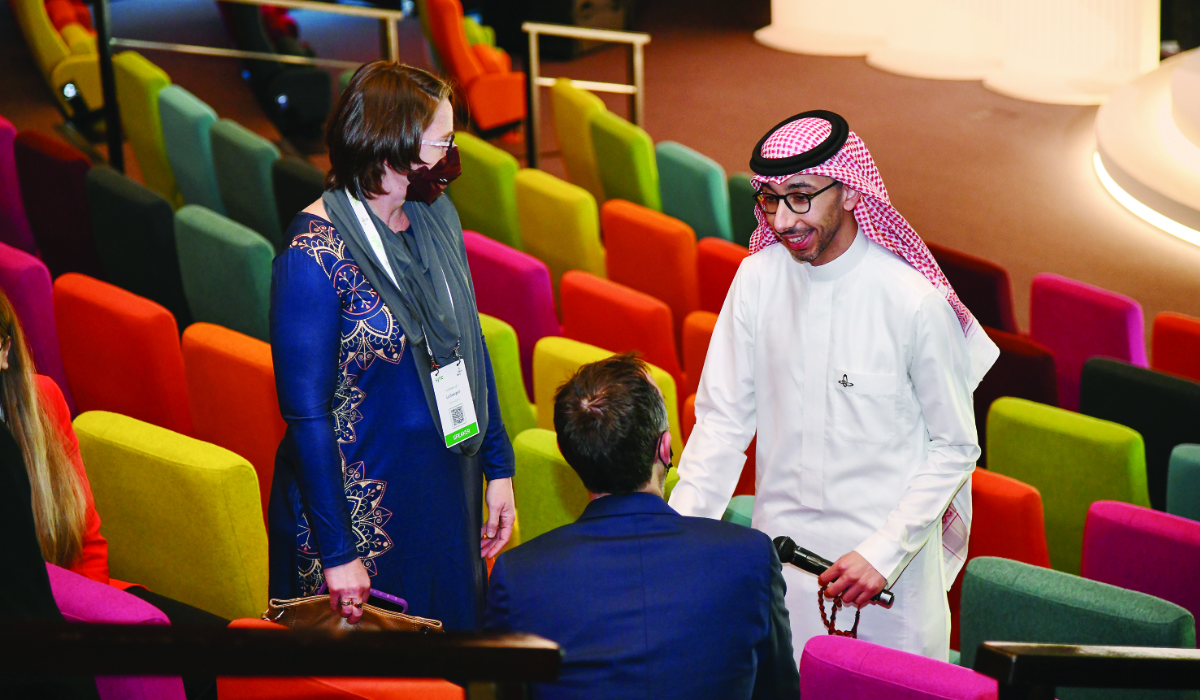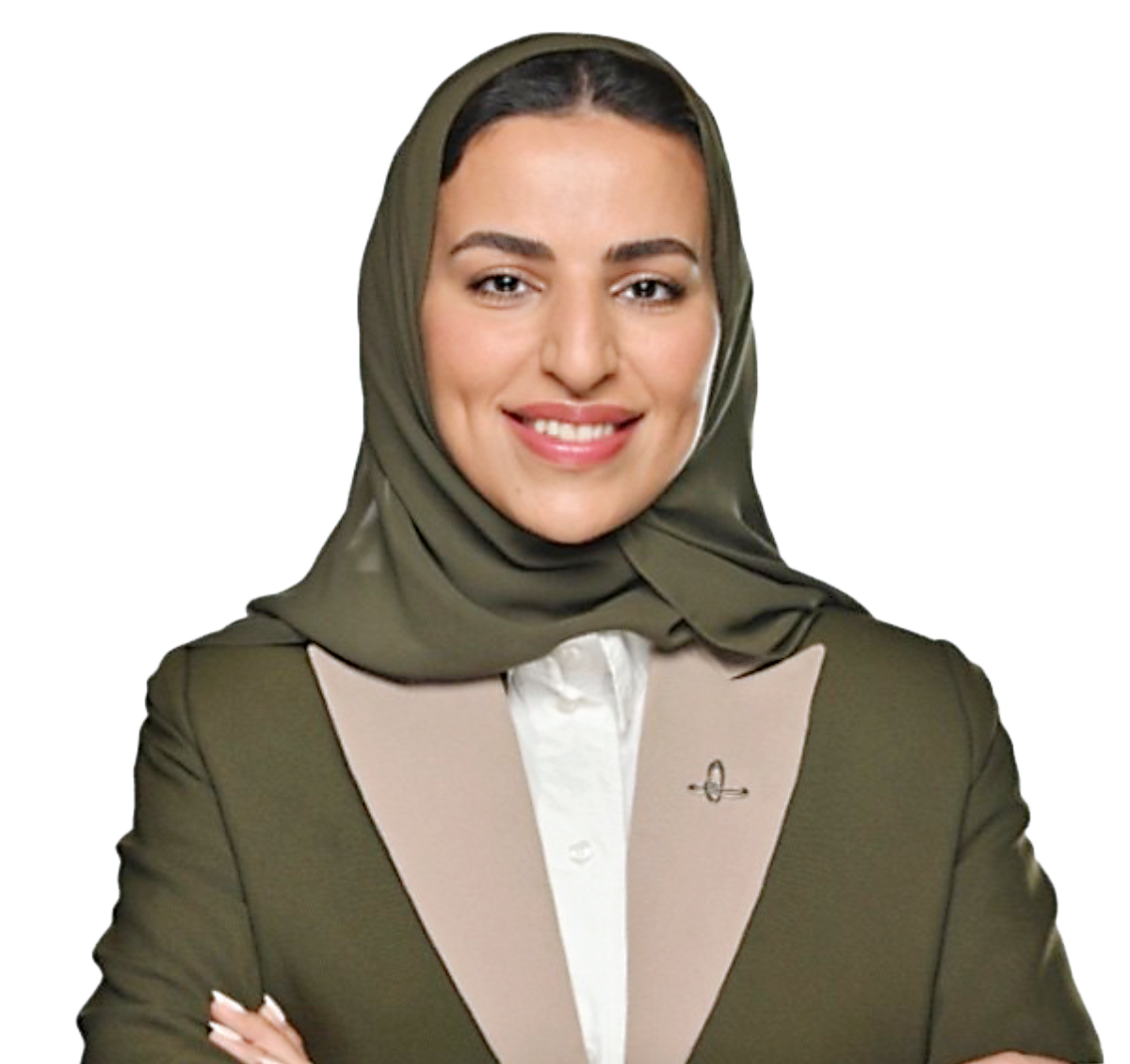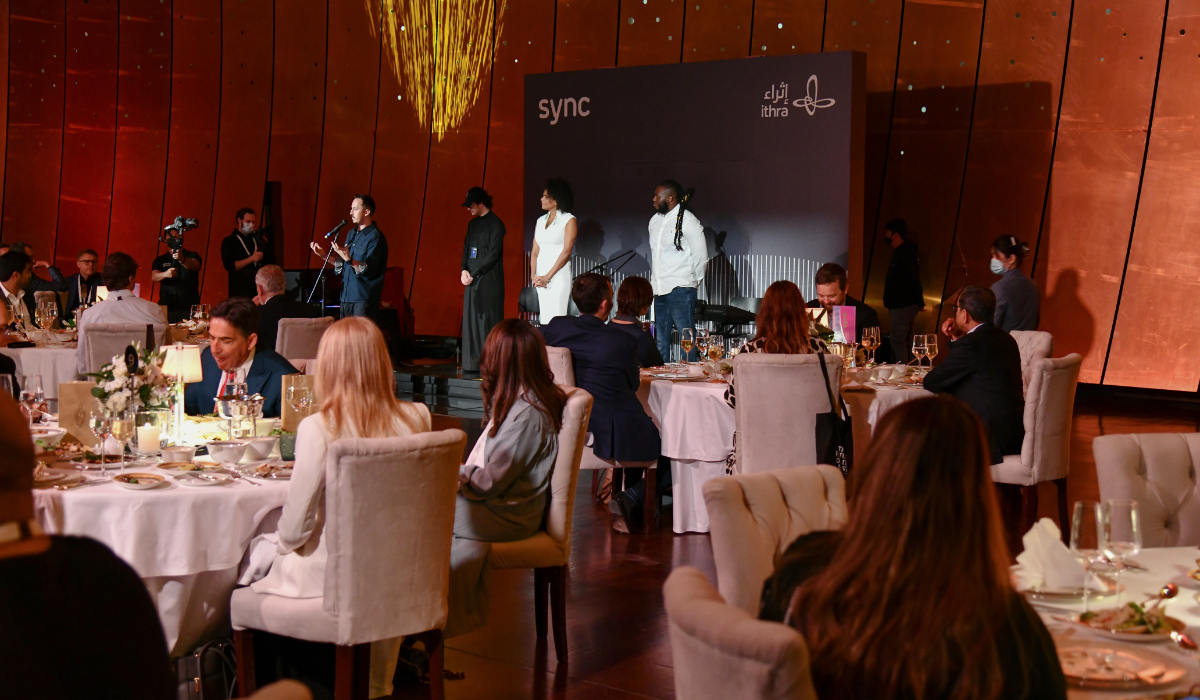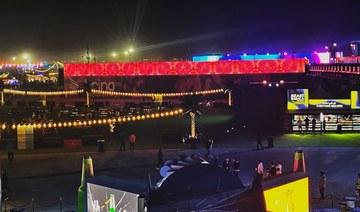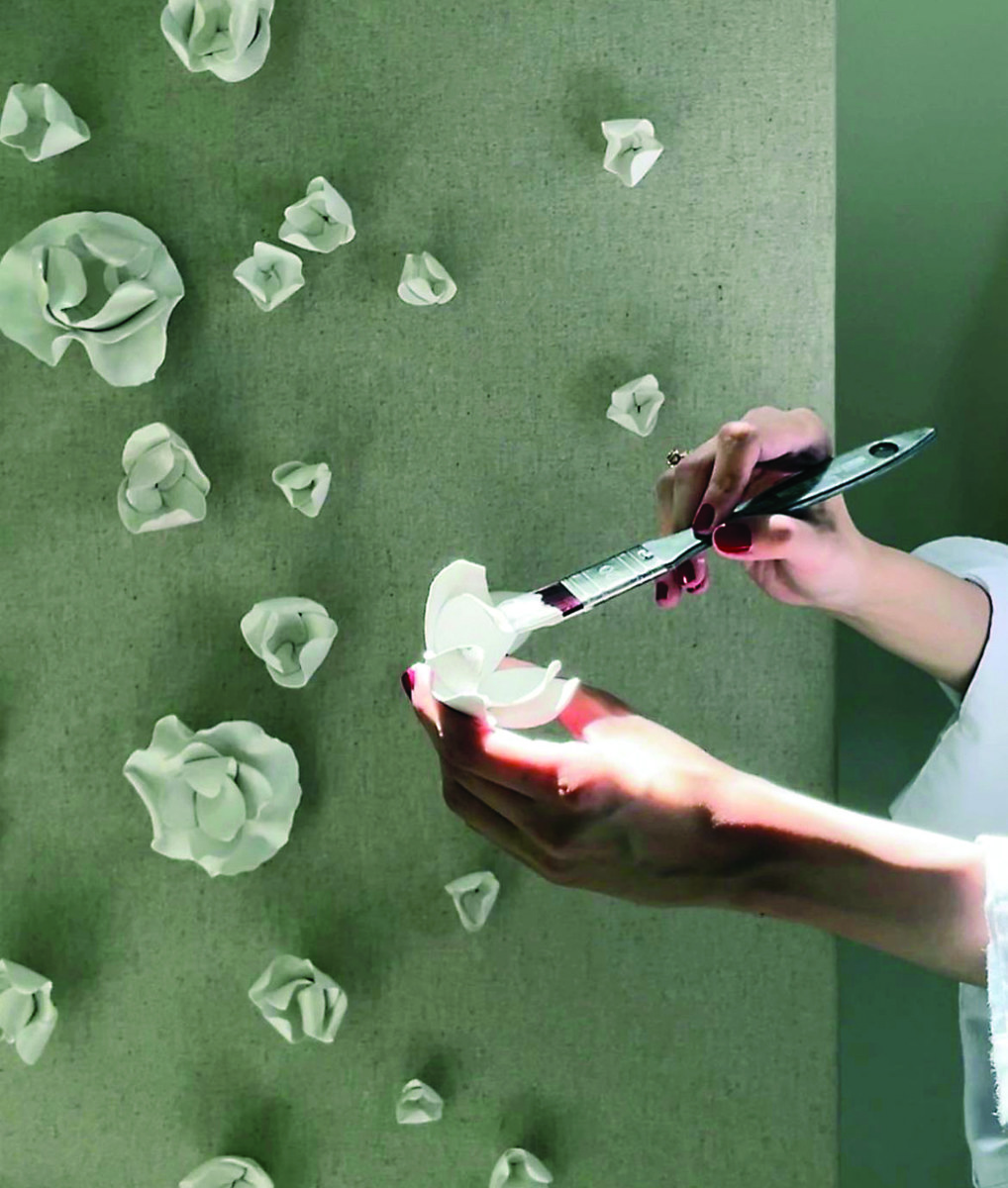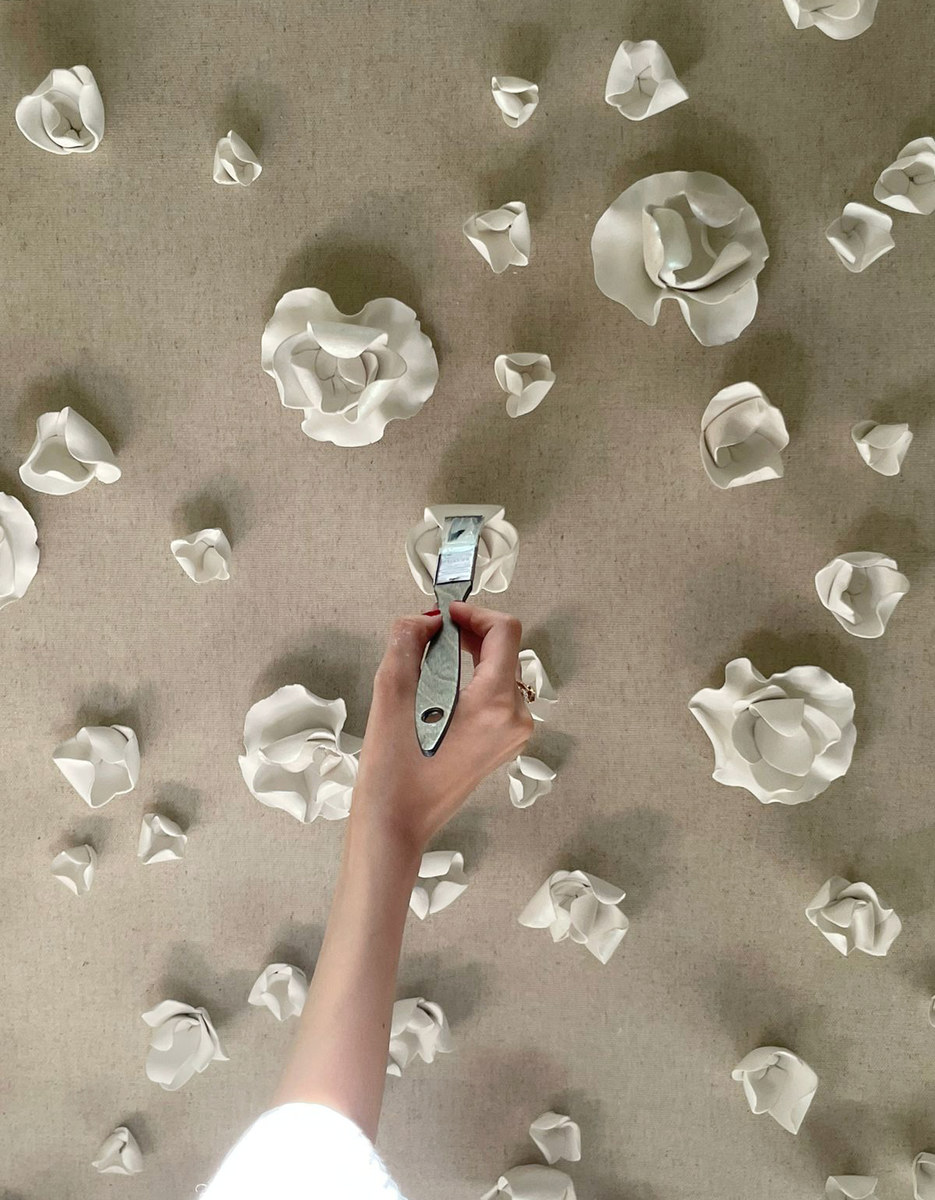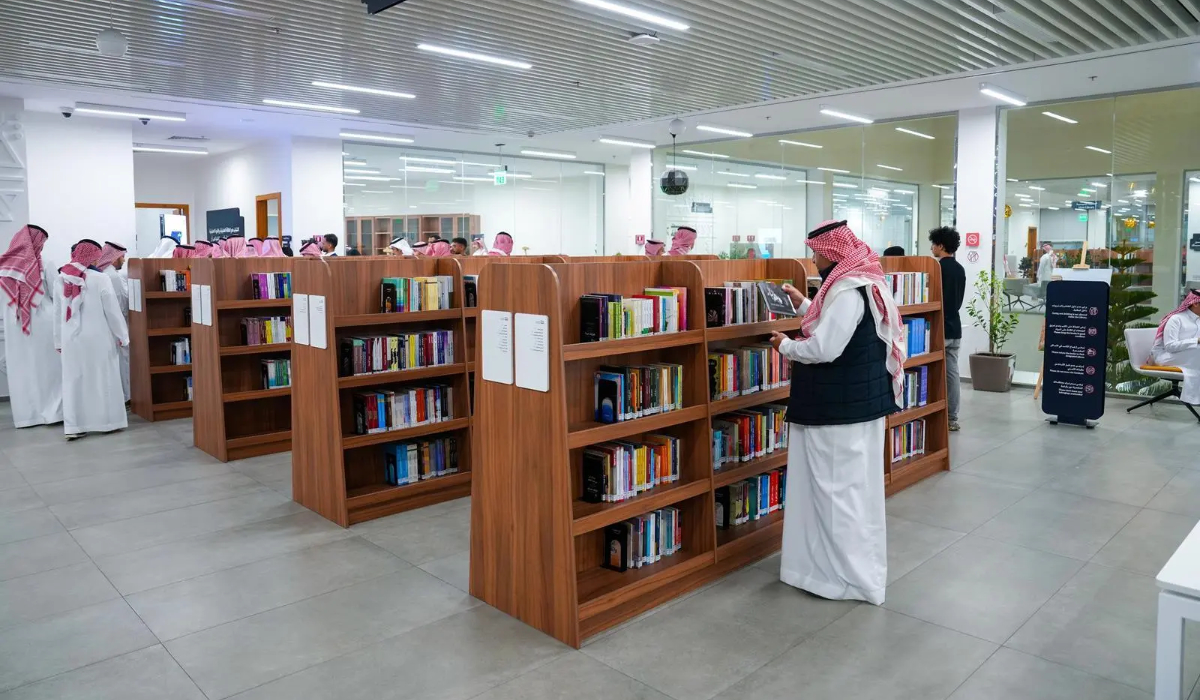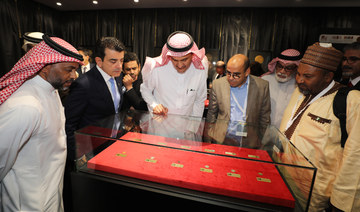RIYADH: It is lunchtime in Riyadh’s northern suburbs and the queue of mainly young Saudis extends onto the pavement outside.
But you will not find any greasy burgers or deep fat-fried junk on the menu of Lean Meals, a healthy-eating restaurant started by Fahad Alsheddi, a young engineer-turned entrepreneur who opened his business when still an undergraduate.
Similarly themed restaurants are springing up across the Saudi capital, where fast-food chains from Dunkin’ Donuts to Burger King have long been the popular choice but are facing competition from homegrown eateries catering to calorie-counting millennials.
“We succeeded in changing the perception of healthy food in our customers’ minds,” said 26-year-old Alsheddi.
Most of the people in the restaurant are between 20 and 30 years old.
Among them is 28-year-old Amani Al-Harbi, who said she is already feeling the health benefits of changing her diet and ditching calorie-laden fast food.
“In three months, I lost seven kilograms just by stopping eating fast foods and replacing them with food I get from a nearby healthy restaurants,” she said.
Since last year restaurants and coffee shops in Saudi Arabia have been required to display the calories of everything on the menu, in line with the Kingdom’s Vision 2030 plan, which aims to improve the nation’s physical, as well as economic, health.
The move made people more aware of their calorie intake and nutrition, said 27-year-old Mohammed Al-Yahyan from Riyadh.
“It made a big difference for me,” he said.
At LeanMeals the popular Grilled Chicken Meal, which includes 160 grams of chicken breast, 200 grams of rice and 50 grams of mixed boiled vegetables, has a total of 485 calories.
That is less than two pieces of “Chocolate Frosted Donut” from Dunkin’ Donuts that have 260 calories each.
The huge growth in fast-food chains in Saudi Arabia is one factor cited by researchers to explain the high prevalence of obesity and diabetes in the country.
A number of body mass index studies in Saudi Arabia have highlighted high rates of obesity, especially among older people.
One study in Al-Kharj in 2016 took a sample of 1019 people in the city’s population of 376,000.
It found that about 54.3 percent of them were overweight or obese.
The study also highlighted the striking difference in the prevalence of obesity in rural regions (with an average of 4 percent) and in cities such as Riyadh, known for its vast choice of fast-food outlets, where the incidence of obesity was 22 percent.
A younger generation of Saudis who are more aware of nutrition, fitness and the environment are demanding healthier eating options.
This shift in eating habits among Saudi Arabia’s big spending millennial restaurant-goers is forcing fast-food chains to revamp their menus.
Some are offering so-called keto-burgers, where the traditional burger bun is replaced by a bunch of lettuce.
The move is a response to the growing popularity of the ketogenic diet in Saudi Arabia, which prescribes very low-carbohydrate, high-fat eating and shares many similarities with the Atkins diet.
Dr. Riyad Al-Ghamdi, a physician who adopted the “keto diet,” described the move as a life-changing experience.
“I lost almost 50 kilograms since I started this diet six years ago,” he said.
He said his decision to adopt a “keto” lifestyle was not just about losing weight, but also an attempt to improve his health more generally.
Veganism is also gaining traction in the Kingdom in line with a global trend as more young people choose a diet they perceive to be better not only for their bodies but also for the planet.
Even big burger chains such as Burger Fuel are offering vegetarian and vegan options such as the “V-Dub Vege” — made from pumpkin, carrot, chickpea and beetroot and costing SR32 ($8.5).
A 2017 study conducted on the eating habits of Saudi adults in Jeddah found a high prevalence of junk-food consumption (86.5 percent for men and 87.4 percent for women).
About 60 percent of the 369 people interviewed said they eat fast food at least every week.
It found that males favored hot dogs, shawarma and energy drinks, while females consumed more ice cream and chocolate bars.
The study speculated that the “mushrooming of outlets with free home delivery” may be one of the reasons for the rapid rise of junk-food consumption in the Kingdom.
Fast-food restaurants and coffee-shop chains have spread rapidly across Saudi Arabia in recent decades, with Dunkin’ Donuts alone operating more than 400 stores in the Kingdom, more than 100 of those in Riyadh.
FASTFACT
A 2016 study conducted in Al-Kharj found that about 54.3 percent of people were overweight or obese.
By contrast, Singapore, with a population similar to the Saudi capital, has just 15 Dunkin’ outlets.
The Dunkin’ group, which also includes the Baskin-Robbins ice cream brand, is also adapting to the changing tastes of its customers.
“We strive to offer flavor options to appeal to a range of lifestyle needs,” Dunkin said in response to questions from Arab News.
“To that end, we offer low-fat options, sherbets and sorbets, including current flavors such as Citrus Twist Ice, Pink Lemonade Ice, Rainbow Sherbert, as well as no-sugar-added options such as Chocolate Chip, Chocolate Overload and Caramel Turtle Truffle.
Additionally, we are planning to introduce non-dairy ice cream flavors later this year.”
Big food-exporting nations such as New Zealand have also picked up on the move toward healthier eating in the GCC states.
Saudi Arabia’s food and beverage market is the largest in the region, valued at $45 billion and predicted to grow at a rate of 6 percent over the next five years.
Changing eating habits in the country reflect a number of different factors, according to Mark Allport of Blossom Hill Farm in New Zealand, which exports farm food products to the Gulf states.
“The change is due to three core areas which are all directly linked: animal welfare, climate change and human health,” said Allport, whose company is tapping into growing demand for vegan products in the GCC bloc.
“We are now striving to meet those demands by providing healthy alternative premium protein sources to substitute meat and dairy.
“Consumers are rightly demanding healthy tasting ingredients without compromising the planet, their families’ health or animal welfare. We have seen a high amount of interest from buyers in the Gulf already.”
At lunchtime in LeanMeals in Riyadh the orders are flying fast.
For founder Alsheddi, a lot has changed in Saudi Arabia since 2016, not least its taste in food.
“When we started four years ago, most of our clients were bodybuilders,” he said. “Now they are ordinary people.”










